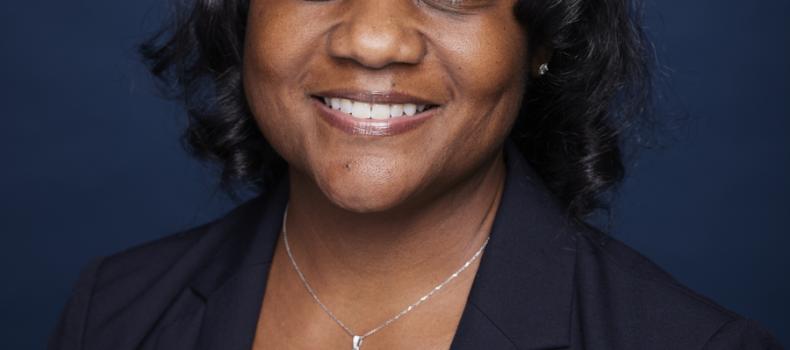Nursing has always held health equity as a critical value in many ways. Nurses strive to deliver the best care to all patients, independent of socioeconomic status, gender, race, or other factors.
Health equity arguably gets even more attention than in the past. And that attention also occurs in nursing schools, where nurses are presented with the concept of health equity.
“Fair and Just Opportunity”
Health equity, according to the Centers for Disease Control and Prevention (CDC), “is the state in which everyone has a fair and just opportunity to attain their highest level of health.” Educator Jessica Alicea-Planas, PhD, MPH, RN, of the Egan School of Nursing and Health Studies at Fairfield University in Fairfield, Connecticut, echoes that sentiment, defining health equity as “ensuring that everyone has an opportunity to live whatever they feel their healthiest life should be.”
“Equity should mean that people have the opportunity to get what they need when they need it,” notes Alicea-Planas, associate professor of nursing at Egan and practicing nurse at a community health center in Bridgeport, CT. “That’s something that has historically been lacking for certain communities within our healthcare system.”
Health equity means that “everyone has the ability and opportunity to be healthy and to access healthcare to help them maintain health,” says Latina Brooks, PhD, CNP, FAANP, associate professor at Frances Payne Bolton School of Nursing, Case Western Reserve University, Cleveland, Ohio. Brooks also directs the MSN and DNP programs at Frances Payne.


